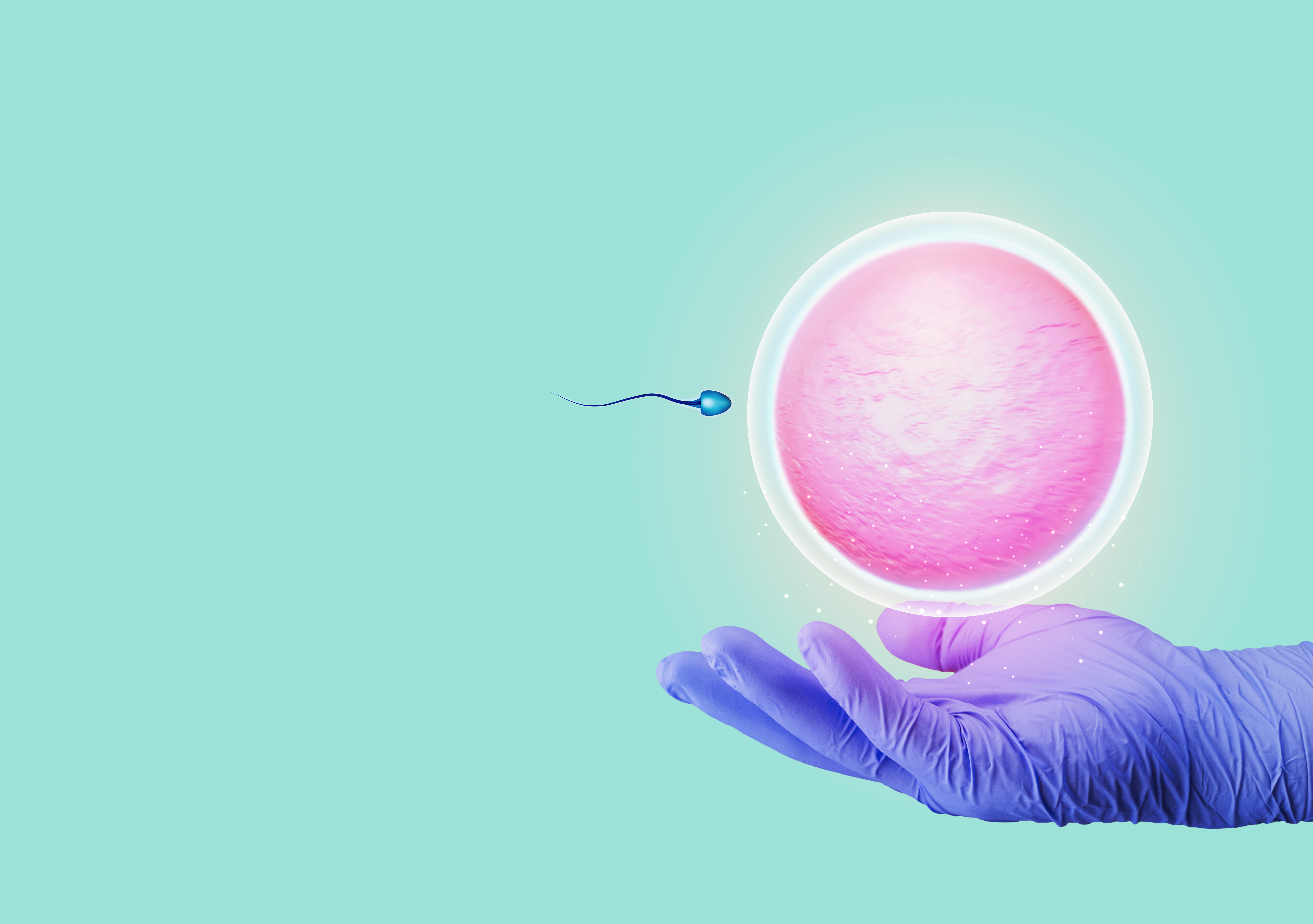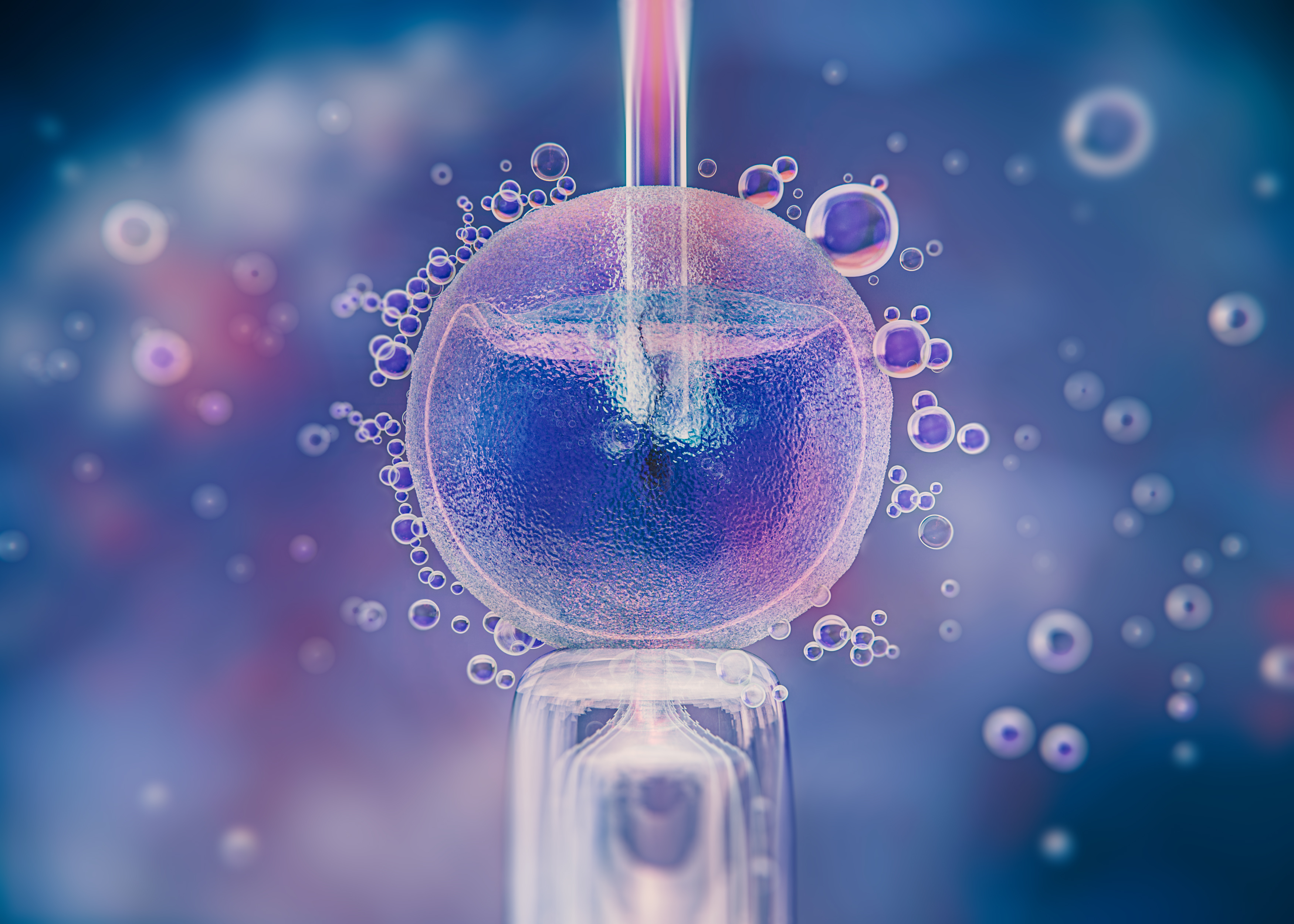
IUI Success: How to Improve Follicular Phase
If couples are having trouble conceiving, one of the fertility treatments recommended by experts is Intrauterine Insemination or IUI. It is usually considered as a simpler and less invasive procedure compared to in-vitro fertilization (IVF). Nevertheless, if IUI must be successful, timing and the health of the reproductive system play a very significant role. One vital element involved in this process is the follicular phase of the menstrual cycle. Understanding this stage, identifying when to think about IUI, and the right adjustments can greatly enhance your potential for conception.
What is IUI?
Intrauterine Insemination (IUI) is a treatment for infertility in which prepared sperm are introduced directly into a woman's uterus at the time of ovulation. It aims to maximize the number of sperm delivered to the fallopian tube, thus enhancing chances of fertilization.
IUI is simpler than IVF and is usually advised as the primary treatment option for couples experiencing infertility owing to conditions like:
• Low sperm count or inadequate sperm motility
• Unexplained infertility
• Cervical mucus issues
• Minimal endometriosis
• Inability to engage in sexual intercourse because of medical or psychological factors
When Should You Consider IUI?
Physicians can advise IUI in the following instances:
• If you have been trying to conceive for more than a year (or six months if you are aged over 35) without success
• If there are low-grade male factor infertility issues
• If ovulation problems are identified, but can be treated with medication
• If there are unexplained fertility issues even after initial investigations
IUI is usually used in conjunction with ovulation-inducing medication to enhance the likelihood of multiple eggs developing, which can subsequently enhance success rates.
The Follicular Phase: Why Does It Matter
The follicular phase is the first part of the menstrual cycle, starting on day one of the period and ending with ovulation. During this time, follicles in the ovaries grow and one (or sometimes more) matures enough to release an egg.
For IUI, the success of the treatment is greatly determined by how well the follicles mature during this time. A good follicular phase guarantees:
• Healthy growth of follicles
• Development of high-quality eggs
• An ovulation window that is consistent and enables physicians to schedule the insemination effectively
How to Enhance the Follicular Phase for IUI Success
Optimizing follicular health and quality of ovulation may considerably enhance IUI success. These are some crucial measures:
• Monitoring by Medical Professionals: Ultrasound examination and blood tests are performed by fertility experts for monitoring the development of follicles. To determine the best time for insemination, they track hormone levels such as luteinizing hormone (LH) and estrogen.
• Lifestyle Changes: Maintaining the health of eggs requires eating a balanced diet that includes meals high in protein, vitamins, and antioxidants. Regular exercise improves hormone balance and blood flow. Stress management through yoga, meditation, or counseling can stabilize hormones.
• Having a Healthy Weight: Overweight or underweight conditions can disrupt ovulation as well as hormone balance. Keeping a healthy Body Mass Index (BMI) can enhance the likelihood of follicular growth and ovulation.
• Timing and Precision: The follicular phase can differ in duration and quality, and each woman's cycle is different. Self-tracking might not always provide accurate results. For this reason, consulting with a fertility expert is crucial.
Conclusion
IUI is a promising and viable treatment for infertility in many couples, but its success relies on accurate timing and ovulation quality. The follicular phase is crucial for obtaining healthy egg development and proper ovulation. Couples can significantly improve their chances of conceiving with IUI by making lifestyle changes and consulting a fertility expert.
If you are thinking of IUI, visiting an experienced fertility expert is the starting point. Under proper guidance, supervision, and treatment, the journey of parenthood can be easier and more achievable.

